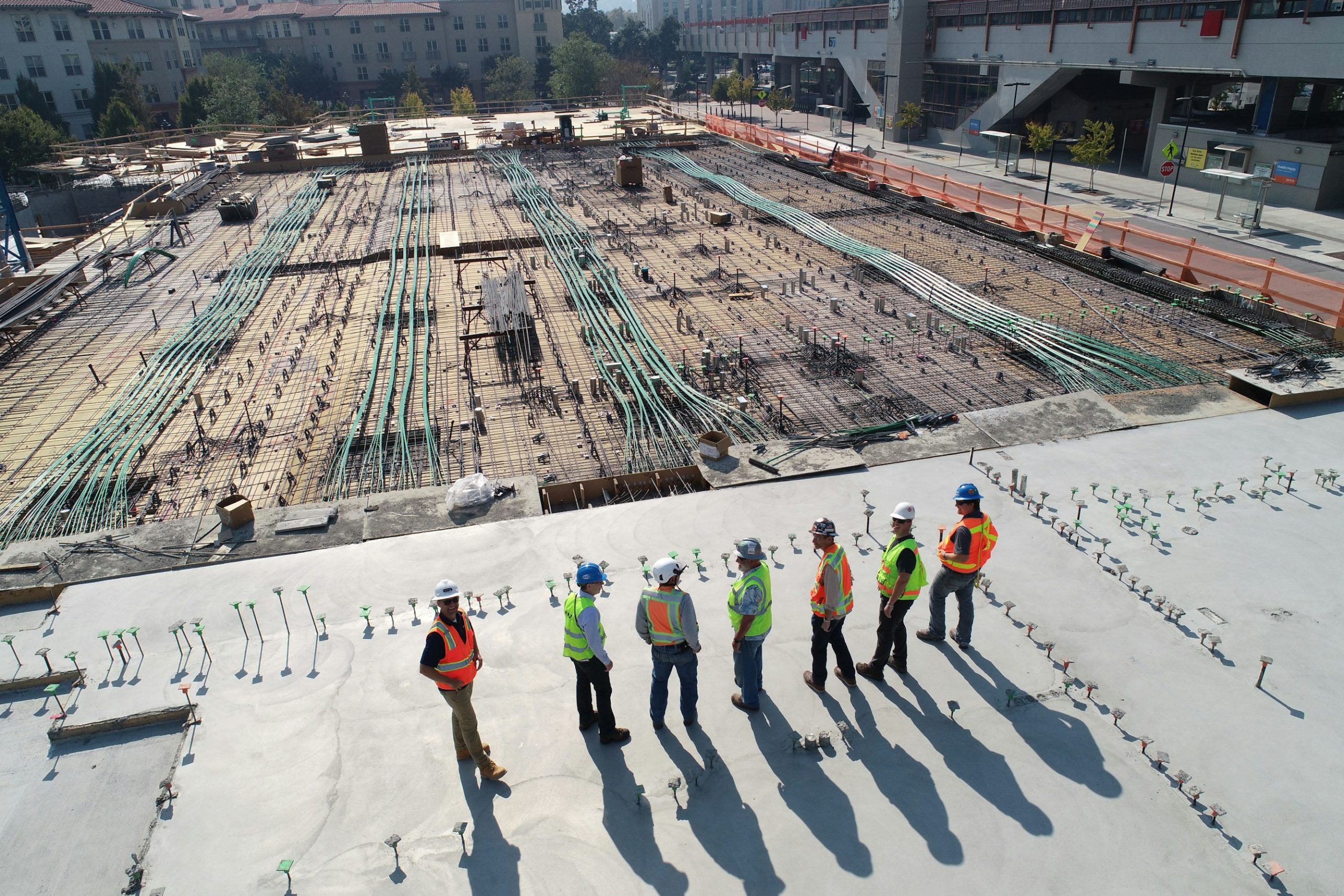From Contract Negotiation to Payment Milestones: One Unified Flow
Milestone payments are a crucial aspect of effective contract management in construction projects. They ensure that payments are aligned with progress and deliverables, which is essential for maintaining project momentum. In this blog post, we will delve into how to integrate milestone payments effectively from the initial contract negotiation phase all the way to the final payment.
Contract Negotiation and Milestone Definition
The foundation of successful milestone payments starts with clear communication during contract negotiation. Establishing clear, specific, measurable, and time-bound milestones can significantly reduce misinterpretations and disputes later on. Contracts should outline the deliverables associated with each milestone, detailing what needs to be completed, along with deadlines and required documentation. This not only ensures everyone is in alignment but also motivates all stakeholders to meet their objectives.
Structuring Milestone Payments
Once clear milestones have been defined, the next step is to structure the payment schedules appropriately. This involves laying out precise payment schedules that include due amounts, payment methods (e.g., bank transfer, check), and the timeframe within which payments are expected (e.g., within 5 business days of approval).
Industry-specific examples aid in understanding how to structure milestone payments effectively:
- Construction Projects: Payments might occur upon completion of significant phases such as site preparation, foundation laying, framing, roofing, and final inspection.
- Freelance Work: A common structure could involve 30% paid upfront, 30% upon the delivery of the first draft, and the remaining 40% at final approval.
- Software Development: Common milestone payments might include completing the initial design phase, delivering a prototype, conducting user testing, and final deployment.
Key Components of Milestone Payment Clauses
In drafting milestone payment clauses, specificity is paramount. Being specific about deliverables helps avoid potential disputes, so including clear, detailed expectations is essential. Additionally, a well-structured review and approval process must be outlined for assessing whether milestones have been met. This should include clear feedback or revision periods and establish who holds the final authority over approvals.
To mitigate conflicts, it is advisable to incorporate a dispute resolution clause in contracts. This could involve mediation, arbitration, or consulting with a third-party expert to determine if a milestone has been satisfactorily met.
Moreover, organizations should prepare for potential changes in scope by specifying how revisions will be handled. It is important to clarify if alterations impact milestone outcomes and whether they may require additional payments.
Benefits and Best Practices
Implementing well-structured milestone payments can provide several benefits, particularly in cash flow management. Not only do they meet the financial requirements of project performers, but they also act as a management tool to verify project progress.
Another advantage of milestone payments is the fair compensation they can offer. When allocating appropriate payment percentages tied to the work completed at each milestone, stakeholders feel assured that they are being compensated fairly for their contributions.
Quality assurance plays a vital role as well. Including milestone acceptance criteria can guarantee that payments are released only when the expected quality standards are satisfied, fostering accountability in deliverables.
Industries Benefiting from Milestone-Based Payments
Various industries can reap the benefits of milestone payments. These include:
- Construction and Real Estate Development: In this sector, milestone-based payments are a standard practice—ensuring that payments correspond with progressing project phases.
- Software Development and Freelance Work: Similar to construction, these industries also prefer aligning payments with tangible deliverables and project phases.
How Zepth Can Help
Zepth can facilitate a unified approach to milestone payments, streamlining the entire process from contract negotiation to payment milestones within a single platform. By leveraging Zepth’s capabilities, businesses can manage milestone definitions, payment schedules, and review processes effectively—ensuring clarity and compliance throughout the project lifecycle.
Moreover, Zepth’s project financials tools enhance the payment management process by automating schedules, ensuring timely payments, and reducing the likelihood of disputes. These jobsite management tools also help in tracking progress, managing changes, and ensuring all stakeholders remain aligned with project milestones.
In conclusion, by integrating various elements—from well-defined contracts and clear milestone payments to effective management tools—businesses can ensure a smooth and efficient project execution from initial negotiation to final payment milestones. For more insights on how Zepth can assist throughout this process, visit our Why Zepth? page.




